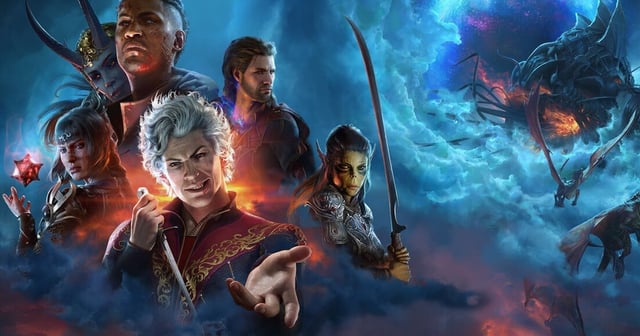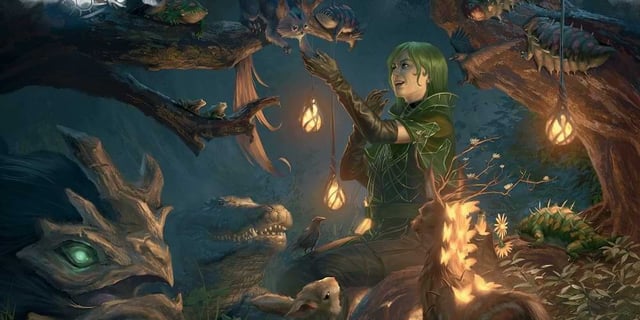A New Dawn, or a Tadpole's Lament?

Well, folks, the news has dropped like a rogue meteor: Larian Studios, after crafting a masterpiece that redefined the CRPG landscape with Baldur's Gate 3, is moving on. No DLC, no sequel – just a clean break to pursue new IPs. As a veteran RPG designer who’s been wrestling with dice rolls and dialogue trees since the original Baldur's Gate graced our monitors, I have some thoughts.
Let's be clear: Baldur's Gate 3 was more than just a game; it was a cultural phenomenon. It proved that a complex, turn-based RPG, deeply rooted in tabletop traditions, could not only thrive in the modern gaming world but dominate it. So, why walk away? Is this a bold, innovative move, or are we, the players, being left with a lingering case of tadpole withdrawal?
Game Design Implications: Chasing the New Shiny
Larian has always been a studio that dances to its own beat. Look back at the Divinity: Original Sin series. They weren’t afraid to experiment with interactive environments, emergent gameplay, and a healthy dose of humor, even when the CRPG genre felt stagnant. Perhaps the colossal success of BG3, while validating their approach, also feels… confining.
I suspect that Larian fears becoming pigeonholed. They’ve proven they can masterfully adapt an existing property, but their DNA is rooted in originality. They want to build worlds from the ground up, to define their own rules, and to push the boundaries of what an RPG can be without the constraints (and expectations) of established lore.
The elements of reactive worlds and deep player agency will almost certainly make their way into Larian's future titles. These are hallmarks of their design philosophy, and frankly, they do it better than almost anyone else. However, expect them to subvert expectations in other areas. Perhaps a shift away from turn-based combat, a different approach to storytelling, or even a genre mashup we haven't seen before. The key is that they want to surprise us, and perhaps, even themselves.

Wizards of the Coast: A New Yardstick?
Baldur's Gate 3 has undoubtedly reshaped Wizards of the Coast's expectations for licensed video games. Before BG3, a successful D&D game might have been defined by solid sales and a faithful recreation of the ruleset. Now, the bar is set much higher. WotC will likely be looking for partners who can deliver not just a game, but an experience – one that captures the imagination of both D&D veterans and newcomers alike.
This could lead to a more selective approach to licensing, with WotC potentially demanding greater creative control or a larger share of the profits. On the other hand, it could also open doors for smaller, more innovative studios who are willing to take risks and push the boundaries of the D&D universe.
The potential for another studio to pick up the Baldur's Gate mantle remains. However, the shadow of Larian's success looms large. Any developer would face immense pressure to live up to the standards set by BG3, and that's a daunting prospect.
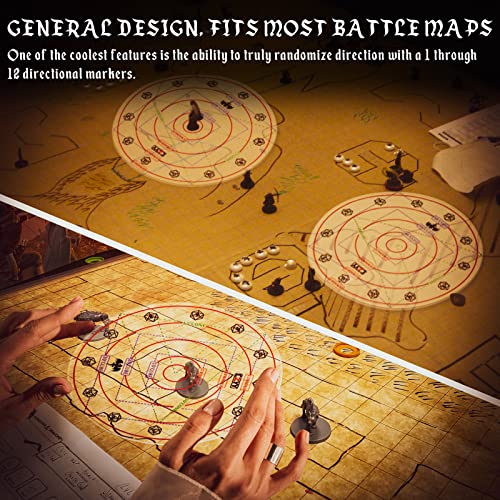
The Future of CRPGs: Raised Expectations and New Directions
Baldur's Gate 3 has undeniably raised the bar for CRPGs. The sheer depth of reactivity, the quality of the writing, the fidelity of the character models – it's a technical and artistic achievement of the highest order. But is it an unsustainable level?
I don't think so. While future CRPGs will inevitably be compared to BG3, developers don't necessarily need to match its scope to succeed. There's still a market for more focused, narrative-driven experiences, for smaller-scale adventures with tighter gameplay loops. Look at games like Disco Elysium, which prove that innovation in writing and world-building can be just as impactful as cutting-edge graphics.
Comparing BG3 to Starfield is interesting. Bethesda went for sheer scale and player freedom, creating a vast, procedurally generated universe. While impressive in its own right, Starfield often felt shallow compared to the meticulously crafted world of BG3. It highlights the difference between breadth and depth, and I think BG3 has shown that players, at least in the CRPG space, prioritize the latter.
BioWare faced a similar crossroads after the success of Mass Effect. They doubled down on cinematic storytelling and character relationships, but also experimented with more open-world elements. The results were mixed, and it's a cautionary tale for any studio trying to follow up a massive hit. Larian's decision to move on entirely might be the wisest path, allowing them to explore new ideas without the burden of expectation.
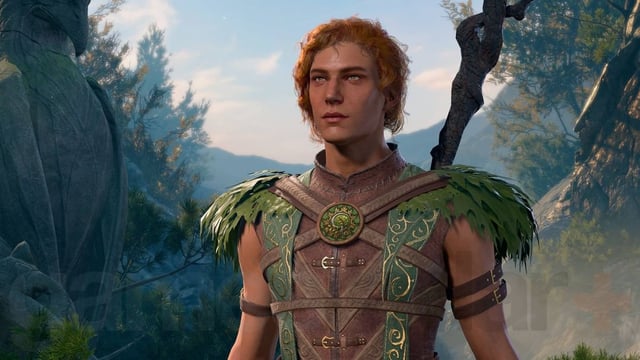
The Modding Community: Carrying the Torch
With Larian focusing on new ventures, the Baldur's Gate 3 modding community will undoubtedly play a crucial role in the game's long-term future. Larian has already shown a commitment to supporting modders, providing tools and resources to help them create new content and tweak existing systems. It is expected they will continue to support the modding community with tools, resources, and documentation.
However, the onus will be on the community to carry the torch. We can expect to see everything from minor tweaks and quality-of-life improvements to ambitious overhauls and entirely new campaigns. The creativity and passion of modders can keep Baldur's Gate 3 alive and evolving for years to come. It will also enable further support for those who may have disabilities, thus making the game even more accessible.

A Net Positive? A Veteran's Perspective
So, is Larian's decision a net positive or negative for PC gamers and the CRPG genre? Ultimately, I believe it's a positive one, albeit with a touch of bittersweetness.
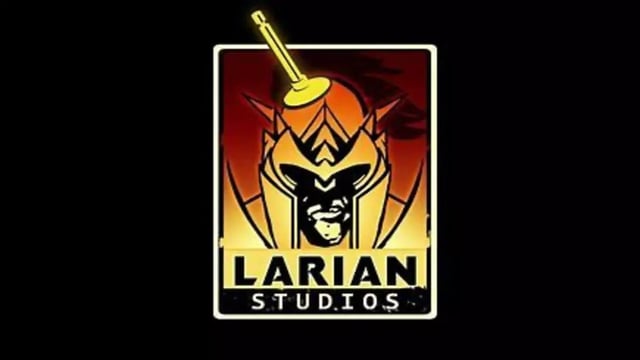
The pitfall is obvious: we won't get more Baldur's Gate 3 content directly from the source. We won’t see Larian's vision for the future of Faerûn. That’s a loss. However, the potential benefits are far greater. Larian's departure forces the CRPG genre to evolve. It prevents stagnation and encourages other developers to step up and innovate. It also allows Larian to unleash their creativity on new worlds and new ideas, potentially giving us experiences we never could have imagined.
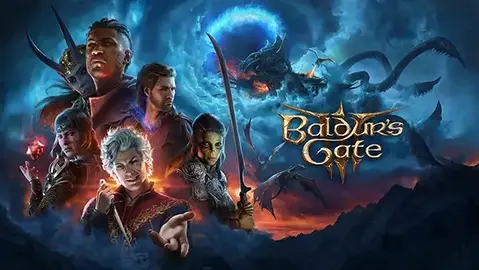
The Baldur's Gate saga may be over for Larian, but its legacy will endure. It has inspired a new generation of developers and players, and it has proven that CRPGs can be both critically acclaimed and commercially successful. As a veteran of this industry, I'm excited to see what the future holds, both for Larian and for the genre as a whole. Now, if you'll excuse me, I have a new character to roll up.
